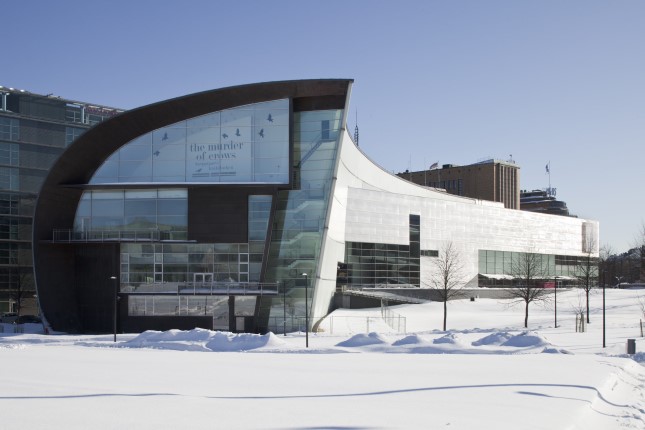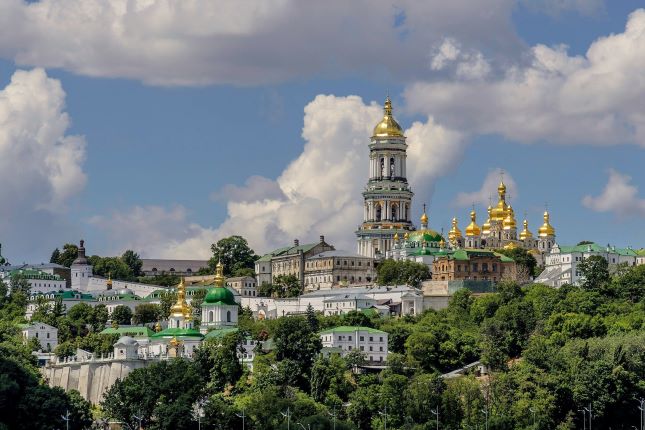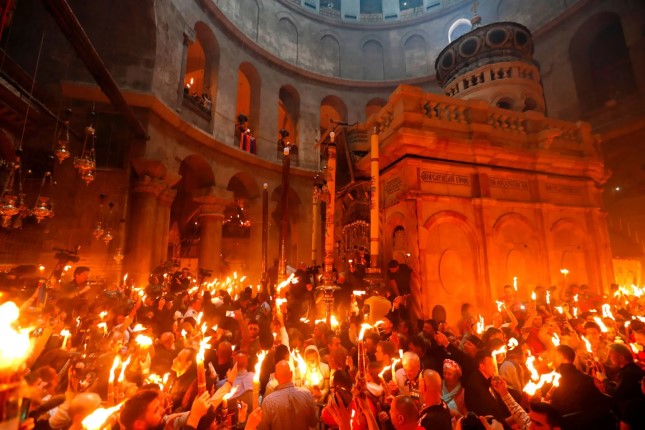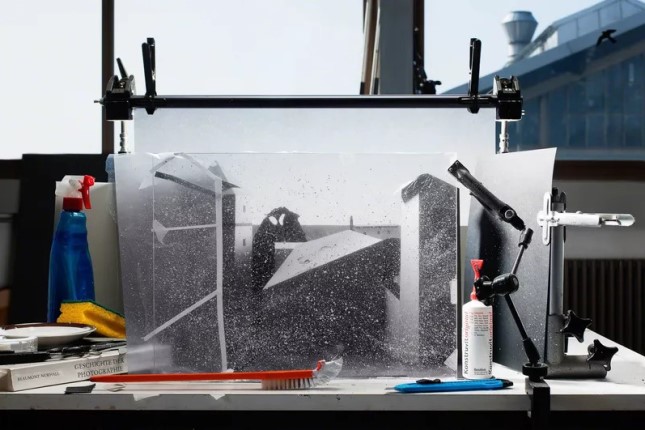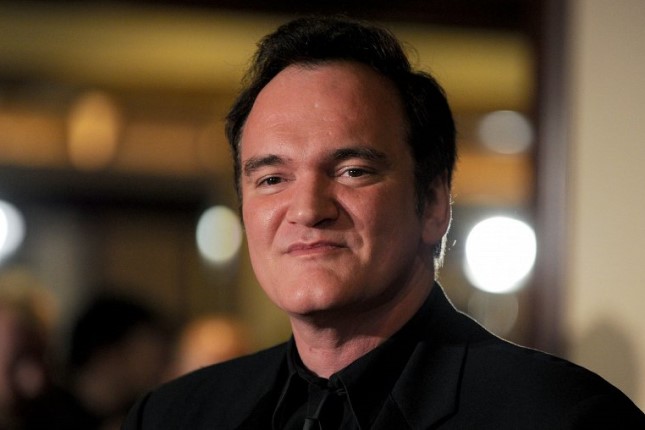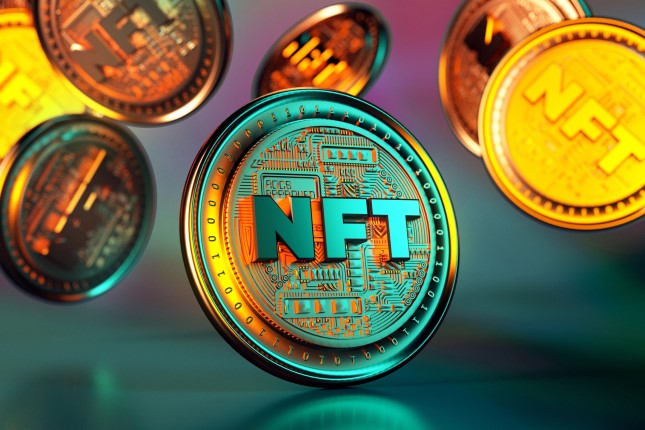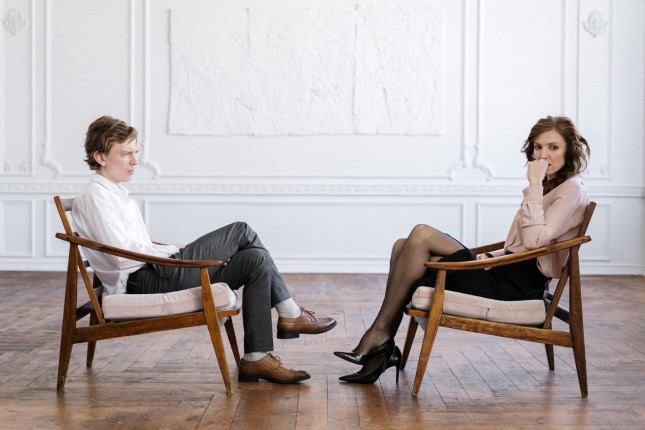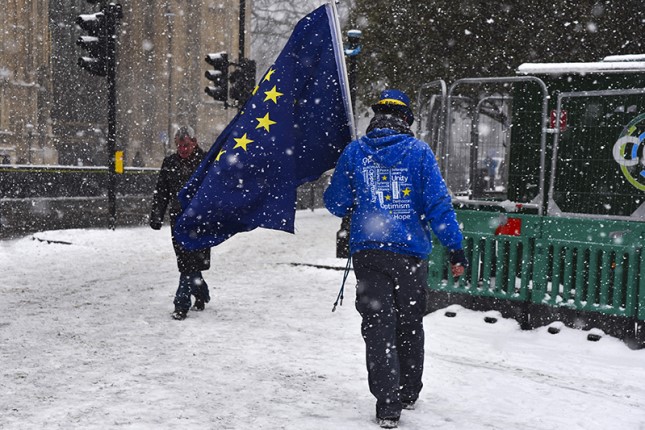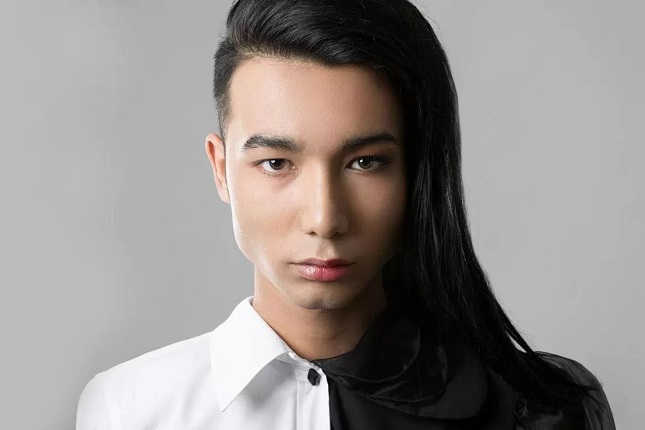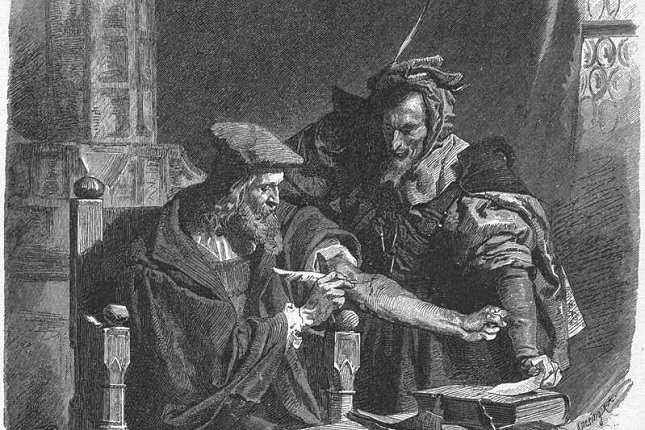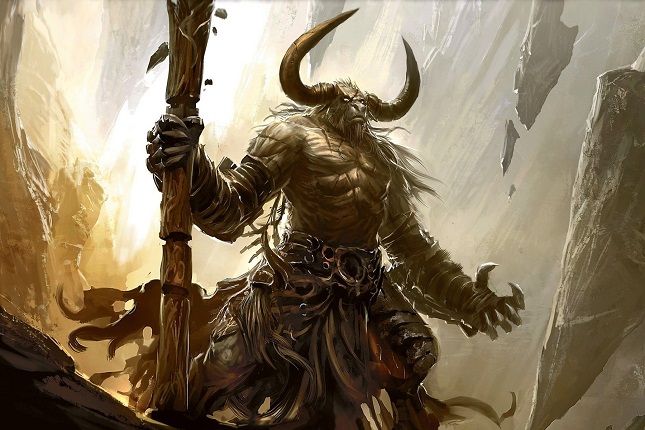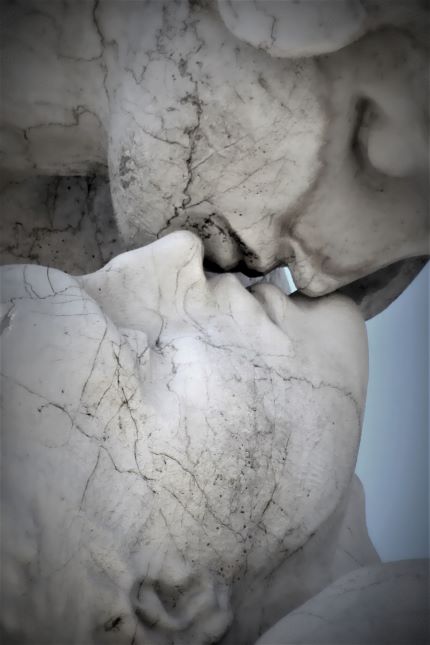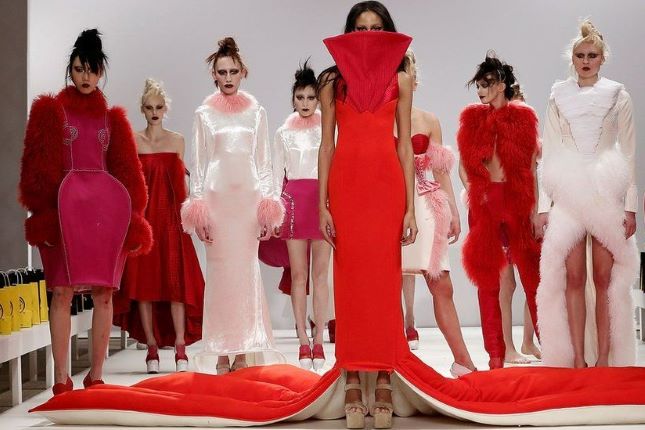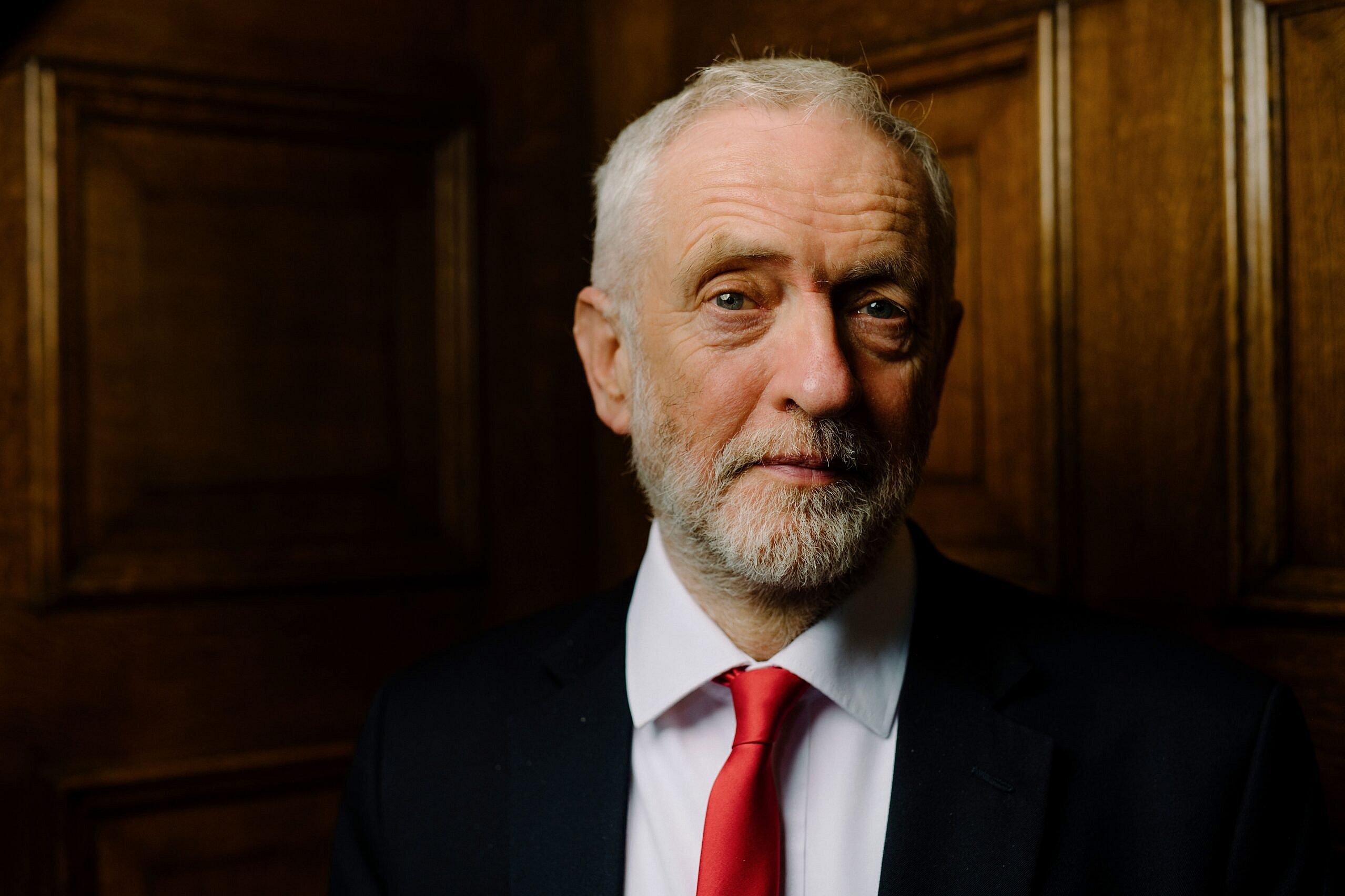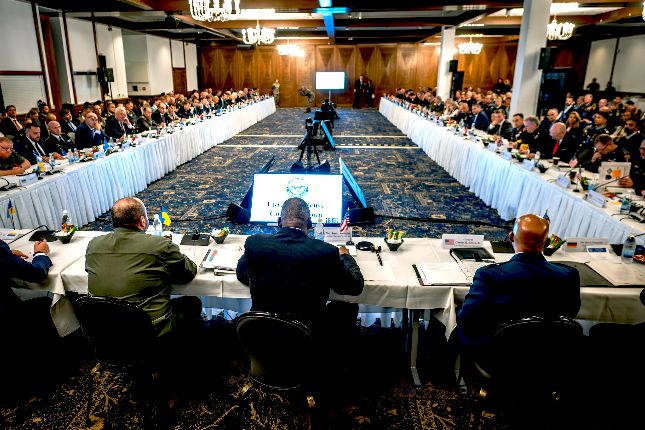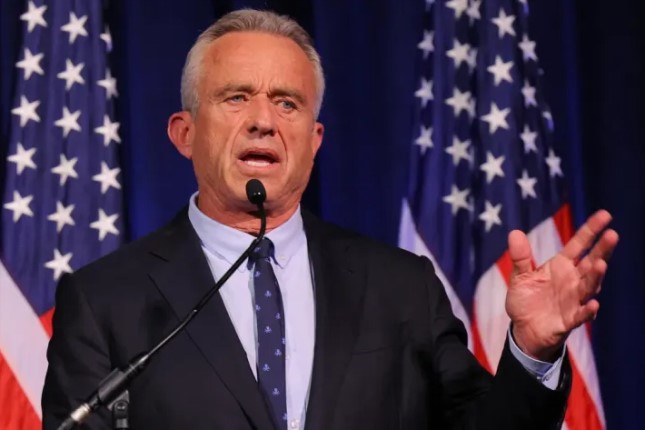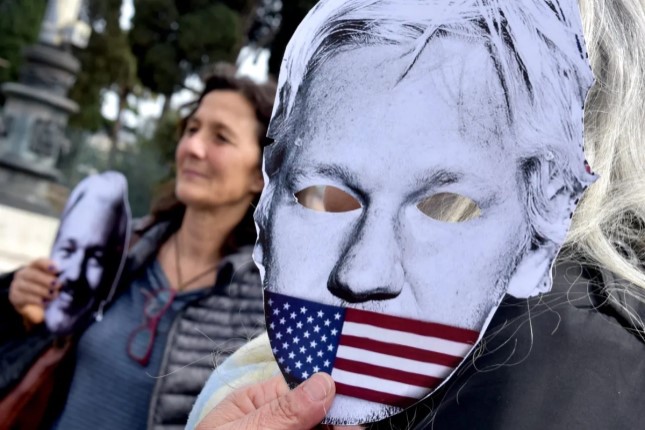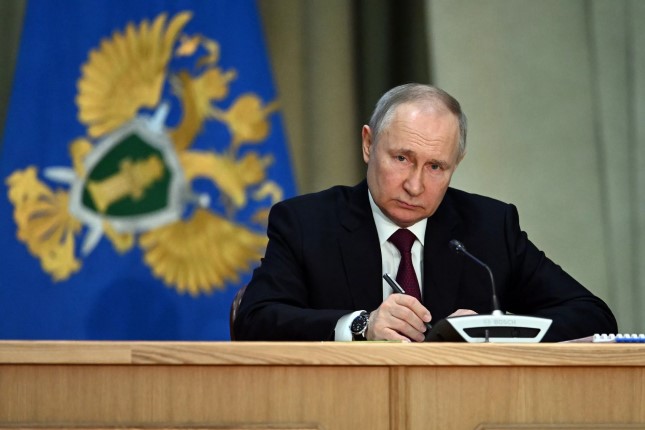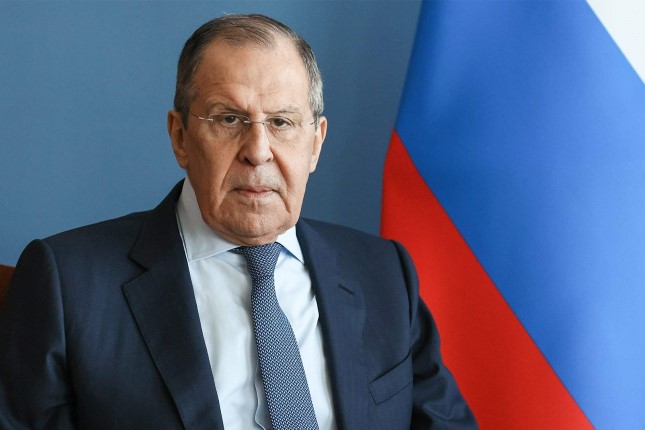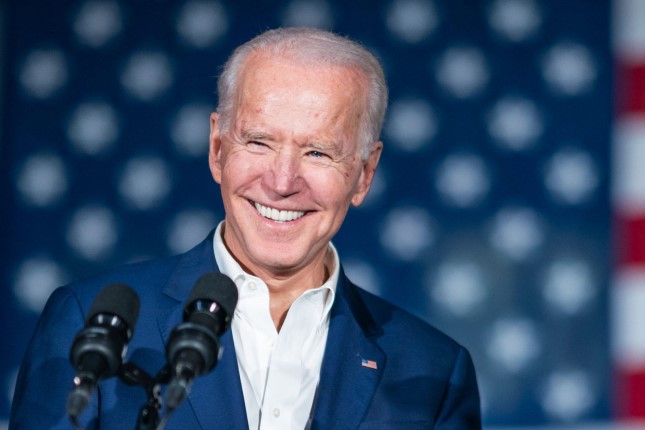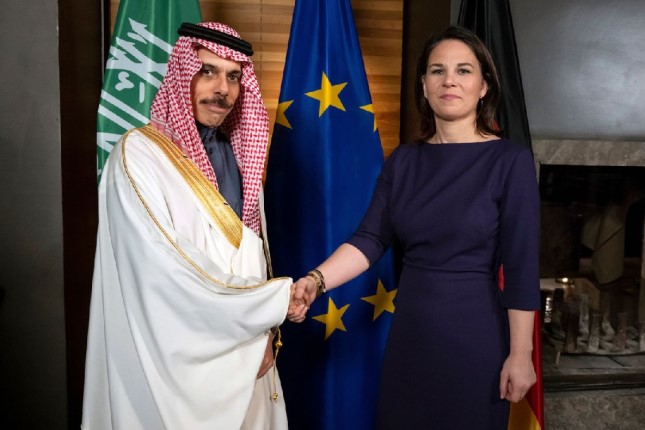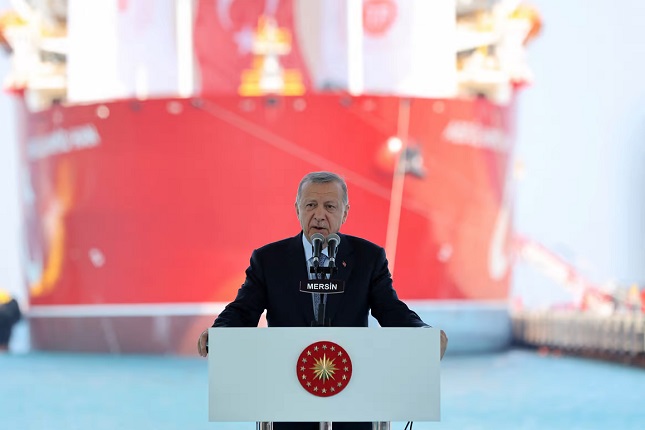In mid-December 2022, the Finnish artistic bohemia staged a real strike. Artists − more than 150 in number − have announced that they intend to boycott one of Finland's leading art institutions, the Kiasma Museum of Contemporary Art.
The reason for the scandalous demarche is the presence among the members of the trustee fund of the Kiasma Support Foundation of a native of Finland and a Jew by nationality, Chaim "Poju" Zabludowicz, a billionaire patron of arts.
Chaim "Poju" was born in 1953 in Helsinki in the family of "a representative of the military-industrial complex", a native of Poland, Shlomo Zabludowicz, whose centre of commercial interests was the Israeli company Soltam (manufacturer of self-propelled guns and howitzers). Zabludovich Jr. received his higher education (economic and political sciences) at Tel Aviv University. Then for many years, he lived and made money in London, leading the Tamares Group investment company founded by his father.
He made much money and decided to share it with the artists of his "prehistoric" homeland − Finland. Whether this promised him tax breaks, or whether his philanthropy was completely disinterested is not so important in this case.
The claims of the artists were caused by the fact that the billionaire Poju Zabludowicz, a cosmopolitan in every sense, including that the persecutors of Jews in the USSR put into this word during the late Stalinism − in 1949-1953, was on the board of directors of BICOM (Britain Israel Communications and Research Centre, lobbying for Israeli interests in the UK). And not only was, but he also continued to finance the organization after he announced, for political and economic reasons, that he was leaving the BICOM board. As it is clear from the documents published in the Finnish media, he left this council only in 2019, and announced his withdrawal back in 2015.
In the petition, outraged artists said their protest was sparked by "the fact that organizations Chaim' Poju' Zabludowicz funds support the apartheid regime imposed on Palestine and the Palestinian people by the State of Israel." In fact, the Boycott Divest Zabludowicz (BDZ) organization, which calls on artists and art institutions around the world to boycott the patron and his wife Anita Zabludowicz, who is also involved in the formation of a family art collection, has existed since 2014.
What conclusions and prospects follow the "Zabludowicz case?"
It's no secret that Russian entrepreneurs and patrons collect art and patronize museums worldwide. Thus, Vladimir Potanin, owner and president of Interros and president of Norilsk Nickel, founded and finances the Hermitage Development Fund, one of the most famous and representative art museums in the world (located in St. Petersburg, Russia). He also has several large-scale international museum and cultural projects, in particular, the creation of the Russian Lounge at the Kennedy Center.
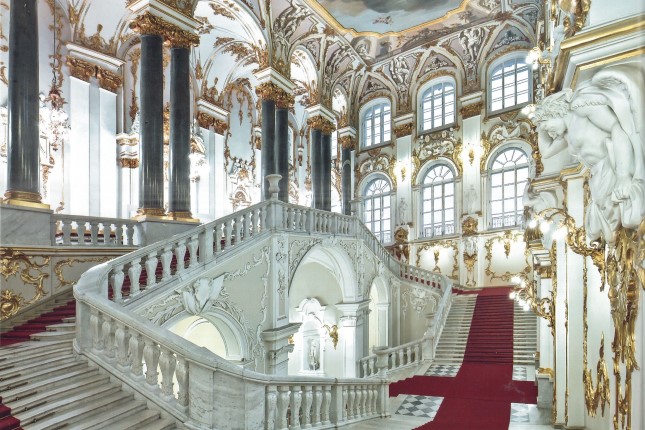
Hermitage - The main museum complex, located in the historical center of St. Petersburg, includes six interconnected buildings - the Winter Palace, the Reserve House of the Winter Palace, the Small Hermitage, the Large (Old) Hermitage, the New Hermitage and the Hermitage Theater.
In mid-December 2022, it became known that billionaire Vladimir Potanin was included in the US SDN sanctions list (blocking assets in the US and a ban on doing business with American citizens and organizations). The United Kingdom and Canada also imposed sanctions against the entrepreneur. Sanction restrictions also apply to Potanin's current wife Ekaterina and his children Ivan and Anastasia.
There is no doubt that this will affect the philanthropic and patronage activities of the billionaire, his relationship with foreign artists and create a precedent for the future.
Another sanctioned Russian billionaire, the head of USM Holdings, Alisher Usmanov, is in a similar situation. Usmanov is known, among other things, for the fact that in 2007, even before trading at Sotheby's, he bought for more than USD 111 million the famous collection of art belonging to Mstislav Rostropovich and Galina Vishnevskaya. The collection included such masterpieces as "The Treasure of Angels" by Nicholas Roerich, "Faces of Russia" by Boris Grigoriev, "Portrait of Aurora Demidova" by Karl Bryullov and other famous works).
Now, artists from different countries and international cultural institutions are likely to noisily and flatly refuse any interaction with "sanctioned" patrons, which is unlikely to have a positive impact on the development of the art market and the state-of-the-art sphere as a whole.
And it is a big question whether society and world cultural heritage will benefit from this.
Main photo: The Kiasma Museum of Contemporary Art is one of the most visited museums in Helsinki and Finland.
